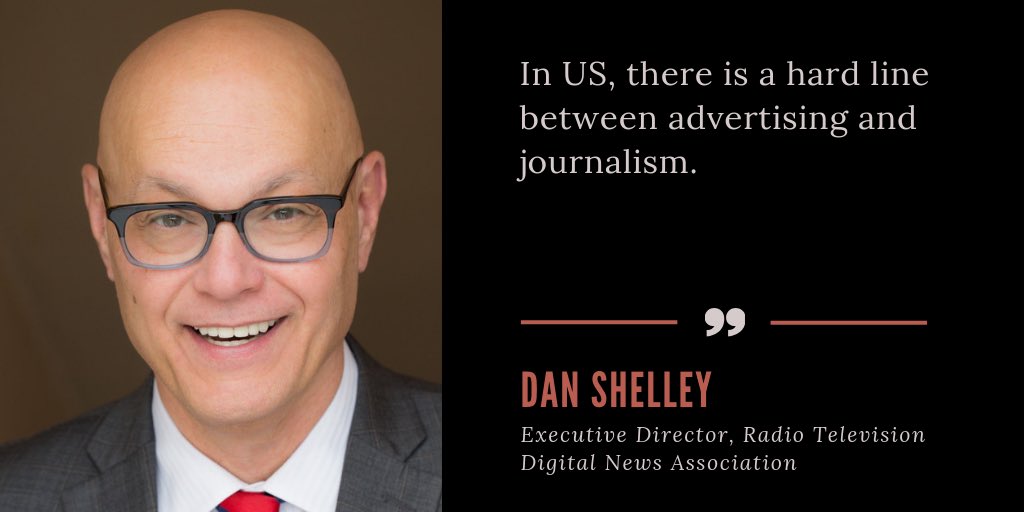Dynamic D
3:06
3:06
3:14
3:16
3:19
3:20
3:21
3:22
3:22
3:25
3:29
3:32
3:32
3:33
3:36
3:38
3:39
3:44
3:49
3:55
3:55
3:56
3:58
4:01
4:02
4:05
4:07
4:10
4:12
4:12
4:14
4:21
4:23
4:24
4:30
4:32
4:35
4:37
4:37
4:40
Connecting…















